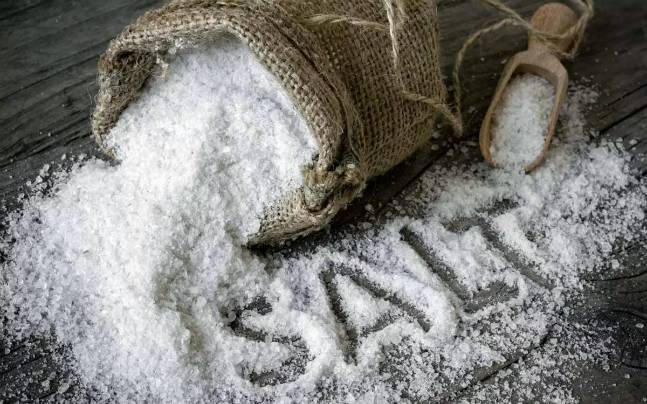Reflections on knowing your heart – theme from Acts of the Apostles 11-15
Then love knew it was called love.And when I lifted my eyes to your name,suddenly your heart showed me my way.― Pablo Neruda May I live this dayCompassionate of heart,Clear of mind,Gracious in awarenessCourageous in thought,Generous in love.— John O’Donohue Questions to consider: In what ways do you know you own heart? How have you […]

